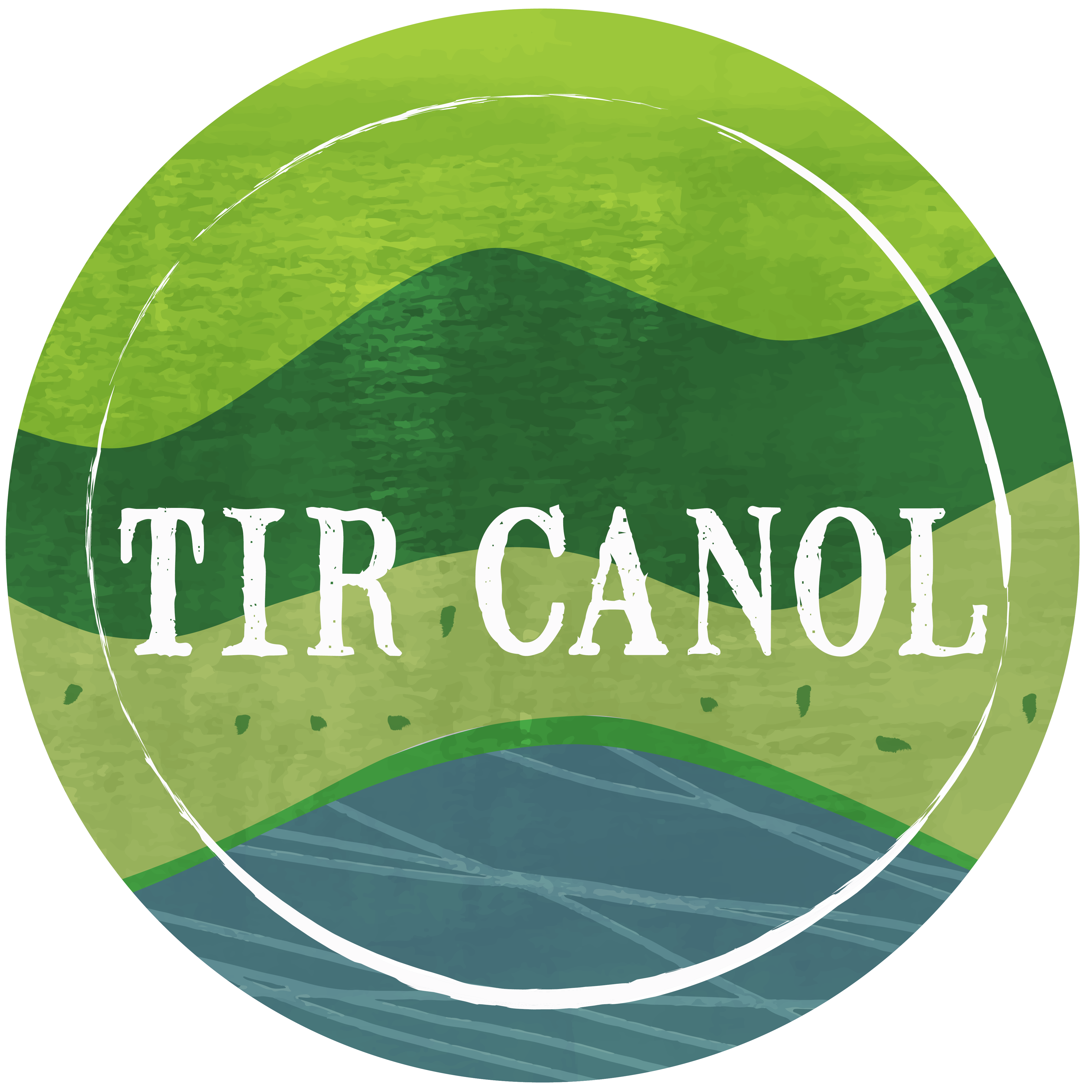We invited Rachel Dolan, a PhD student based at Bangor University to share her research with us, part of which was undertaken in the project area over the summer of 2019.
Over summer 2019 I spent an exciting few weeks exploring the Summit to Sea project area and talking to people about what nature meant to them. This was part of my research for my PhD at Bangor University. My PhD project explores how people access and benefit from connecting with nature. It is widely accepted that people benefit from spending time in nature, but how do they decide where to access it? Rather than make assumptions based on what we could see on the map, we wanted to approach this from a social angle and ask people where they sought out nature. Just because people lived near to natural spaces, did they actually connect with them? The project area was an ideal place to carry out our research with a mix of inland and coastal, more built-up areas to very rural as well as designated nature spaces.
People were asked to take part in a survey where they selected natural spaces on a map and then answered follow up questions about the space. We were interested to see how far people travel from their start point to access nature and how this varied between different groups. We also wanted to know how spending time in nature benefitted them, how important it was to their wellbeing and if there was anything that prevented them spending time in nature. Over 500 people took part.
What did we find?
- Local people travelled an average of 5.59 km to access natural spaces, so stayed quite close to home.
- Visitors who were staying in the area travelled on average 25.68 km from where they were staying
- Visitors who were not staying in the area travelled over 100 km.
- The most selected reason for spending time in nature was “for my mental and physical health” followed by “to feel closer to the natural world”.
- The most frequently mentioned activity was walking, followed by wildlife watching and dog walking
- 61% said they experienced barriers to spending time in natural spaces. The reasons they selected included; lack of time, poor mobility and lack of transport.
Respondents were asked about the importance of the space they selected to their day-to-day wellbeing. For people who lived in the project area, there was a clear trend showing that the closer a space was to their home, the more important it was to their wellbeing. This shows the importance of having easily accessible nature close to peoples’ homes.
Carrying out the surveys face-to-face and chatting to people about how they connect with nature was an amazing experience. I got a sense of how important these spaces and experiences were to people, especially those from more urban areas who did not live locally. For others, there was the sense that nature was just woven in to their everyday life so to be asked “when did you last spend time in a natural space?” was odd because they felt it was all the time. People loved to share their stories and spoke with big smiles about how much they loved their garden, how spending time outside helped their family members with their mental health, how seeing different species reminded them of their childhood or people they cared about.
This work provides baseline data for the project on how residents and visitors interact with the area. The same survey has been rolled out across the whole of Wales online and has been run five times to date. This larger sample size will allow us to carry out further analysis that can be fed back to the project to inform future work.
Our results show the importance of the natural environment within the project area to both residents and visitors. Visitors were willing to travel substantial distances to access nature in the project area, and residents showed frequent use of these spaces too. Survey respondents emphasised how important natural spaces were to them and how much they benefitted from spending time connecting with nature.
Rachel Dolan is based in the School of Natural Sciences at Bangor University and is supervised by Dr Simon Willcock, Professor Julia Jones and Professor James Bullock. The project is funded by The Drapers Company and the initial Summit to Sea project funding. This work was supported by Dr Sophie Wynne-Jones.
